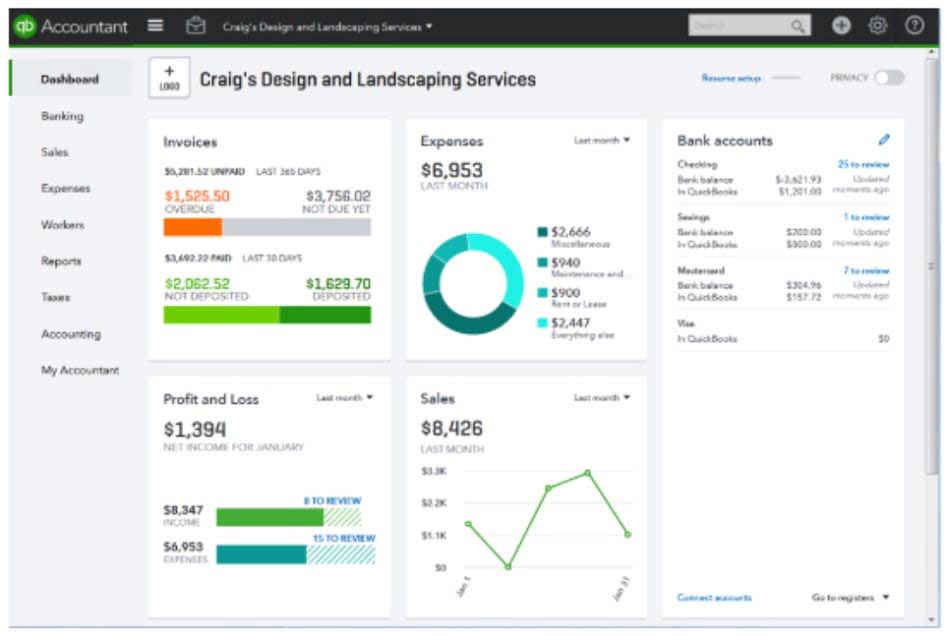Lost and Found: Are Outstanding Checks Unclaimed Property?

All else being equal, it is safest if a check is deposited as fast as possible to avoid tampering with the instrument. Resolving outstanding issues is crucial because it helps maintain good financial health, prevents legal problems, and improves your credit score. Addressing these matters promptly can save you from future complications. In everyday life, you might encounter the term when dealing with bills or loans. If you receive a notice about an outstanding balance, it’s a reminder that payment is due.
Q: What should I do if an outstanding check becomes stale or expired?
- Outstanding checks may cause issues for both the payor and the payee.
- We’ve explored how failing to account for them accurately can lead to discrepancies, potentially attracting unwanted attention from the IRS.
- Furthermore, checks that are never cashed may constitute “unclaimed property” that is turned over to the state.
- However, it may incur banking charges or take time to cash, establishing it as a monetary instrument that ensures payment after proper due diligence by the bank.
- If you’ve issued an outstanding check, you need to monitor your account.
- She also contacts the freight forwarding company to see if they ever received the check, since such a long delay in check clearing could mean that the check has been lost in the mail.
- Meanwhile, you must keep enough money in your account to cover the check when it is finally deposited.
But until that happens, it’s just hanging out in the banking world’s version of limbo. They are key components of transactions involving payments or transfers. If a check is destroyed or never deposited, the money remains in the payer’s account.
Why are Outstanding Checks Important in Bank Reconciliation?
This should provide real-time information about the total dollar amount of checks outstanding and the total dollar balance present in the account. Deduct from the bank statement balance the proceeds of any check that you have issued and entered in your accounting record but have not been presented to paid by the bank. When a customer deposits a check in his account, the bank immediately credits his account with the amount of the check deposited. Sometime such checks are not honored because the person issuing the check does not have sufficient funds in his account.
What Are Outstanding Shares?

This leads to decreased cash reserves which affects capital expenditure budgets. Franchisees began seeing quite a few of these Outstanding Checks in late 2018 due to a change within the Micros POS system. An outstanding check example could be a rent https://www.bookstime.com/ check you mailed to your landlord, but they have not deposited it yet. Before sending one, ask the payee to return the old check to eliminate the possibility of both checks being deposited, either intentionally or unintentionally. As long as you know not to spend money promised to someone else, avoiding expensive consequences such as overdrafts or insufficient funds fees is possible. Check to see that the contact information is correct, as checks may go missing simply because of an incorrect mailing address.

You’re not alone understanding outstanding checks and how to stay clear of their risks is essential for anyone managing their finances. On July 25, 2023, BestBooks Store issues a check for $500 to one of its suppliers, PaperMills Co., for a new shipment of books. BestBooks Store records the check in its accounting system on the same day, reducing its cash balance by $500. A company’s outstanding shares decrease when there is a reverse stock split.

The Minnesota Department of Commerce will then include the property in their searchable database, where owners can search for property and, if found, file a claim to retrieve. From July 25 to August 1, the $500 check is considered an “outstanding check” from the perspective of BestBooks Store. The purpose of the repurchase can also be to eliminate the shareholder dilution that will occur from future ESOs or equity grants. While outstanding shares are a determinant of a stock’s liquidity, the latter is largely dependent on its share float.
- Outstanding Checks Examples The bank statement contains a $100 service charge for operating the account.
- A company may have 100 million shares outstanding, but if 95 million of these shares are held by insiders and institutions, the float of only five million may constrain the stock’s liquidity.
- Banks provide various services to its customers and deduct service charges from their accounts.
- If your business or organization does have stale checks that are deemed unclaimed property, first try to contact the owner/payee of the check.
- Besides avoiding potential bounced or overdraft fees, reconciling monthly will ensure proper cash flow management.
- It’s important to keep track of the amount of checks outstanding because they could be cashed at anytime.

Bouncing an outstanding check can lead to financial consequences, such as fees imposed by the bank, damage to your credit rating, and potential legal actions from the payee. Be mindful of what outstanding checks you’ve written before drawing down your bank balance. Escheatment is the process of a financial institution handing over unclaimed property to its state. That includes bank accounts, assets, or any other property unclaimed for an extended period of time. And, if a person dies without leaving QuickBooks a beneficiary to their property, it becomes escheated, or claimed by the state. If want to avoid Outstanding Checks altogether, consider online bill payment.
These shares appear on a company’s balance sheet under Capital Stock. A company’s number of outstanding shares is not static and may fluctuate wildly over time. This example underscores the importance of regularly reconciling bank statements to catch these checks and maintain precise financial records for effective business management. The payment goes on the general ledger, but businesses must make adjustments during reconciliation, and they may need to reissue stale checks.
An outstanding check remains a liability of the payer until such time as the payee presents the check outstanding checks for payment, which then eliminates the liability. Bounced checks result when there is not enough money in the account to cover the check amount. To remedy these situations quickly, be proactive with outstanding checks. After all, you still owe the money, and you’ll have to pay it sooner or later.
